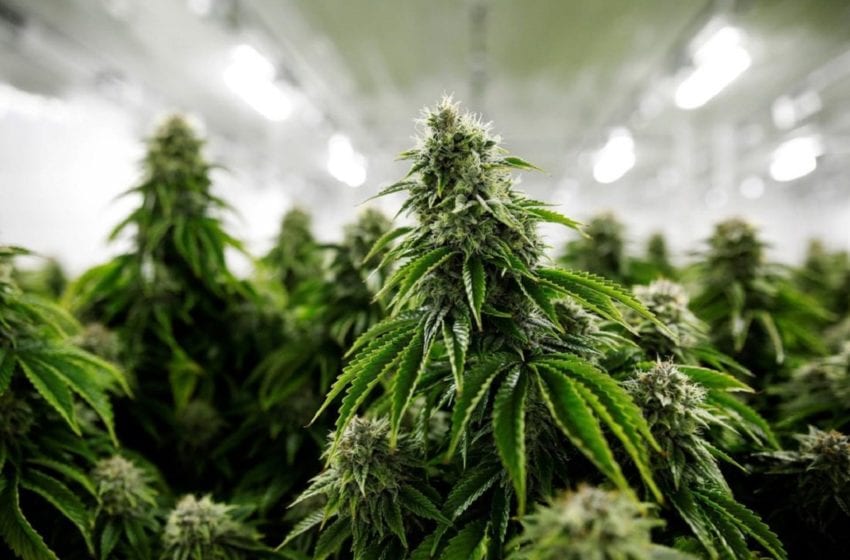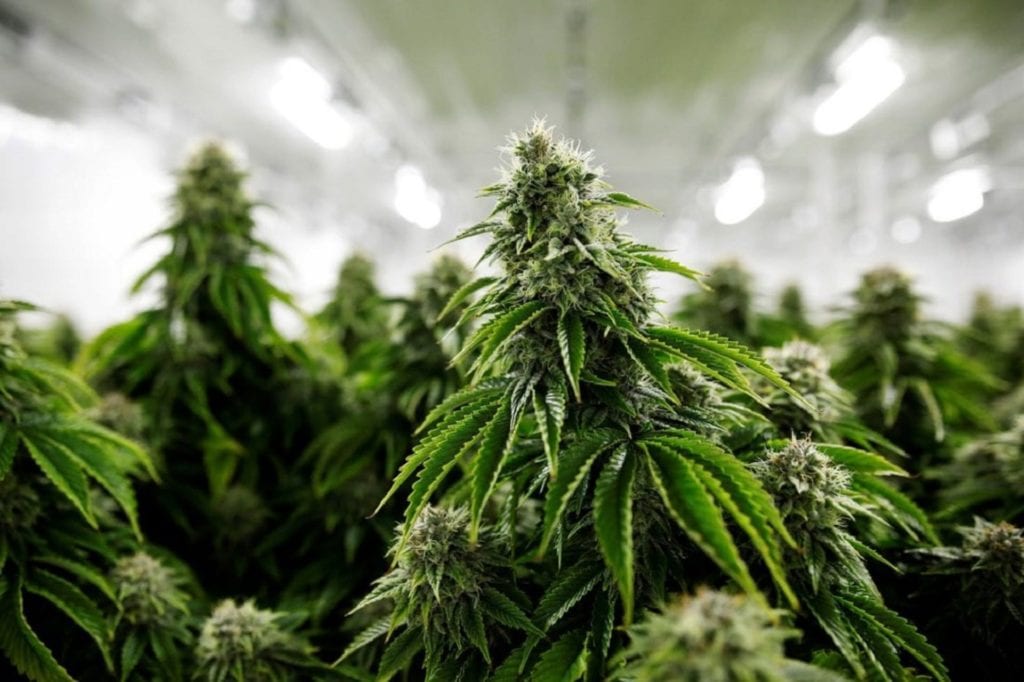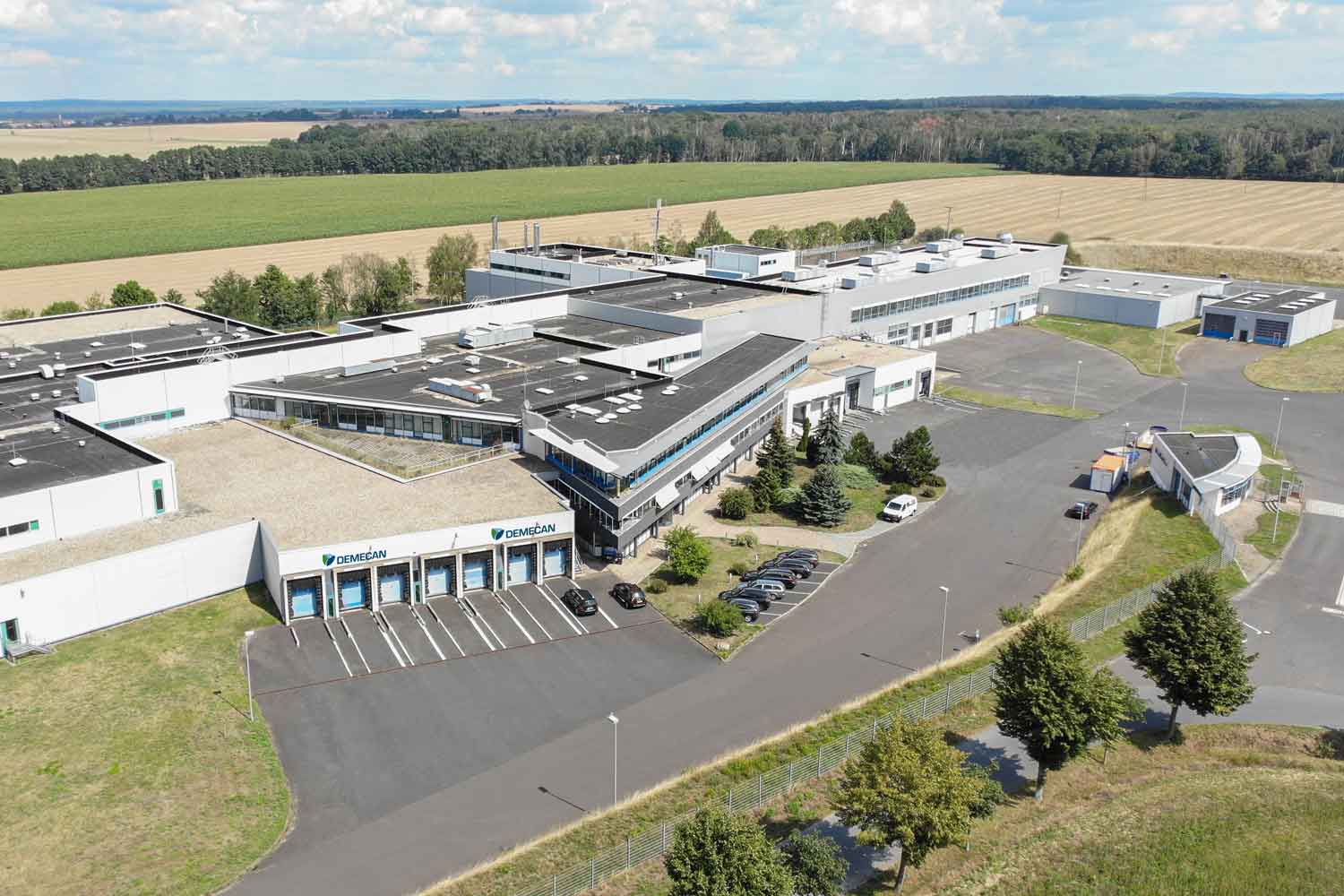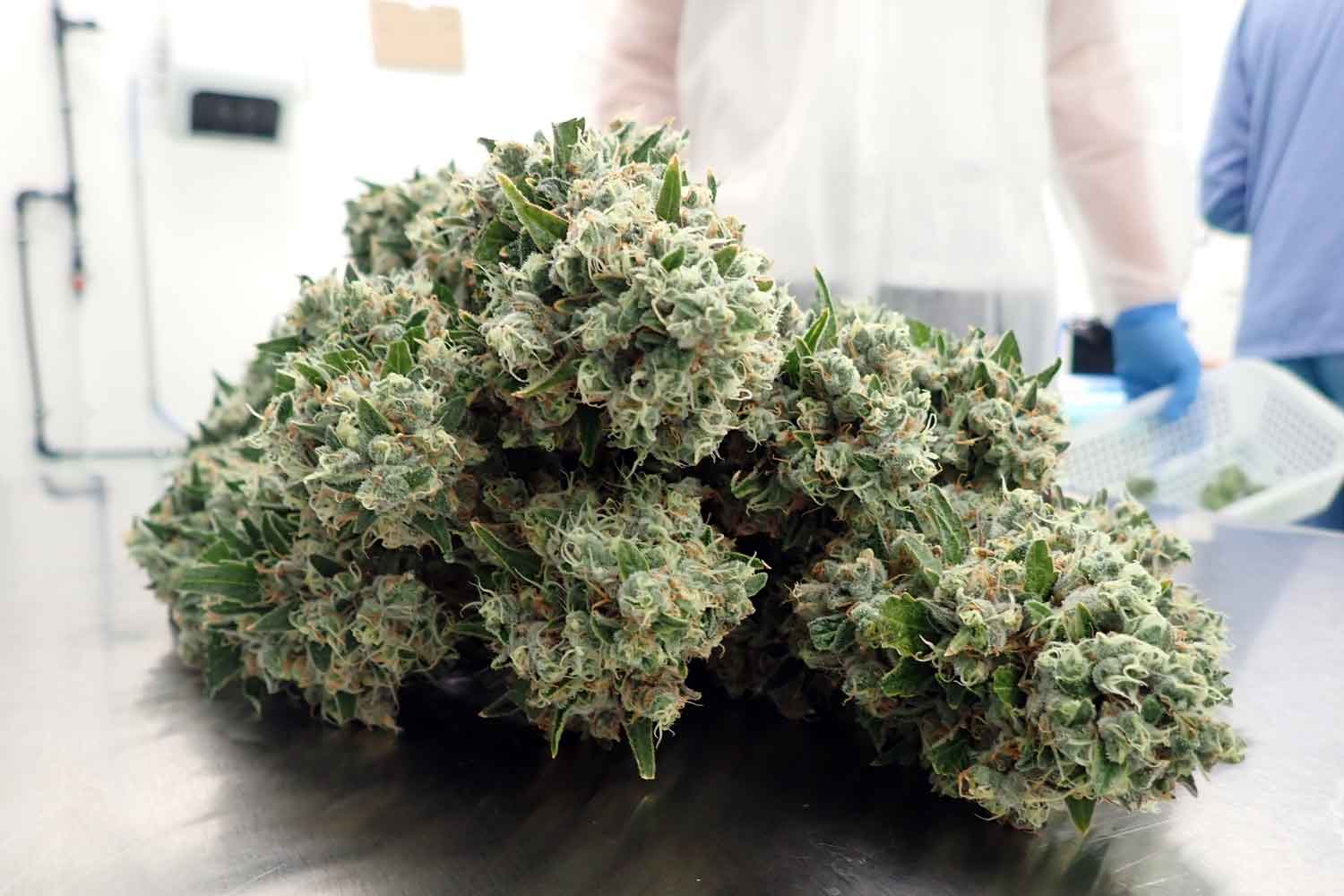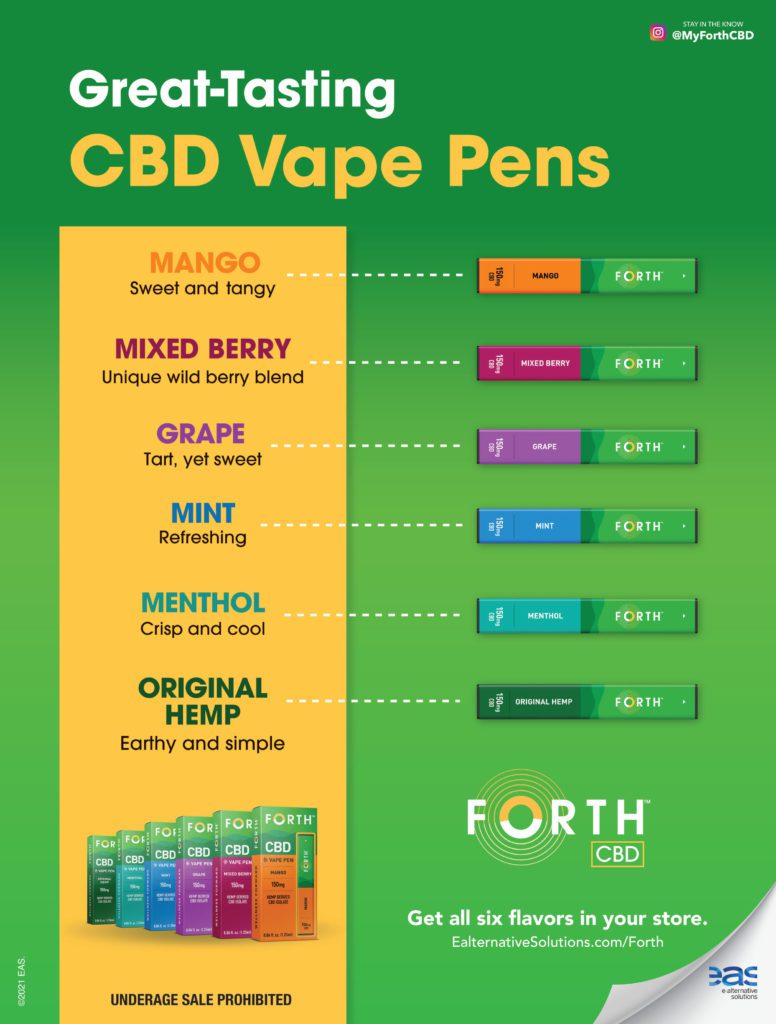
The 2024 InterTabac and InterSupply trade shows continue to go to the next level.
VV staff and Wingle Group
It’s big. With nine halls, the 2024 trade fair duo InterTabac and InterSupply, held at Messe Dortmund Sept. 19–21, was the largest show since InterTabac began more than 45 years ago. Event organizers at the time wanted to create a platform that provided the nicotine industry with comprehensive information on new products and improved purchasing opportunities in one centralized location.
Today, the dual trade show encompasses the nine trade show halls as well as the CB Expo Hall (cannabis products) and PouchXchange Hall PA4. PouchXchange is a new, exclusive event that focuses on high-quality communication, networking, meetings with experts and entertainment. It was billed as a networking event for the nicotine pouch and snus industry experts. This event brought together manufacturers, suppliers, retailers and scientists from the industry and offered a platform for intensive dialogue.
There were more than 800 exhibitors and 14,000 visitors, according to the organizers. Products presented at InterTabac range from cigarillos, cigars, cigarettes, pipes, smoking accessories, fine-cut tobacco and pipe tobacco to equipment, press products, e-liquids, e-cigarettes, modern oral products, heated-tobacco systems and sticks and more, according to Wingle Group, a consulting company focused on the personal electronics, innovative wellness and electronic consumer businesses.
Some of the major insights in the vaping industry at the show included:
- Smiss Technology is entering the connected devices segment with its own design of a connected pod system and e-cigarette that changes display indication according to the level of sound/voice (Smoore introduced a similar e-cigarette prototype earlier). The company’s portfolio now also includes disposables with removable screen modules.
- Barong Elixir has started trial sales of its open-pod system with a heart rate sensor in the U.K. Shenzhen Future Tech Co. manufactures the device. It connects to a phone and has two versions of pods: one for e-liquid and one for CBD oil. The company plans to make it a universal pod system with a future software update.
- China-based Flonq introduced the Flonq Meta (see “Vaping Under Control,” page 16), a smart pod vaping system with Bluetooth connectivity to an app. The app will provide vape usage statistics while the device’s display shows the consumed dosage. The application is expected to launch in November.
- CIRAK Electronics GmbH announced the HQD Glaze Plus 12000 disposable e-cigarette, aimed at the U.S. and Russian markets. The device allows users to adjust the cooling agent in the vapor across 10 levels. It features two internal tanks: one for nicotine-flavored e-liquid and the other for a nicotine-free cooling agent. The output of the second tank is adjustable, enabling consumers to customize the level of coolness in the vapor.
- Tesclacigs added a new disposable device to its portfolio, the Tesla Bar XT-26000. The booth also displayed the Vabeen Polar Beast 35000 disposable. Both devices are equipped with a large 3D curved screen and cooling level adjustment. The device consists of a 4 mL chamber with menthol and a 20 mL chamber with flavored e-liquid. The company plans to launch nicotine level adjustment disposables with the same design and construction.
- Shenzhen ALD Technology Co. promoted its Fresor models. Recent products are the Fresor Nova Bar CR4 and the Fresor Click Turbo open pod systems with the Fresor Nova Dual flat mesh coil and the Fresor King disposable (also with the Fresor Nova).
- Vaporesso presented the Dojo Sphere X 40000 disposable featuring a Quad Mesh heater inside.
- Kiwi presented the Kiwi Go Plus pod system featuring a FEELM Max heater inside from Smoore. The device has the same design as the Kiwi Go 750 disposable pod.
- Shenzhen Innokin Technology Co. presented pod systems with a removable battery design: the Innokin Trine and the Innokin Trine Q and a charging hub.
- RELX launched the RELX Essential CR pod system with a removable battery design in New Zealand.
- Golisi presented its Golisi Medo Q pod system, which has a modular design (removable battery) and is manufactured by Shenzhen Deyuan Electronic Industry Co. The device has a magnet child lock, where the user must rotate the cartridge three times to lock/unlock it.
- NoNic by Aroma King showcased disposables with 6-methyl nicotine as an active ingredient. It is a nicotine derivative with a similar effect currently considered premarket tobacco product application-exempt in the U.S. Negotiations are ongoing in the Polish and U.S. markets.
- Fumatul Distribution (Elf Bar’s distributor) launched the new TPD-compliant disposable Elf Bar EB6000 (same as the Lost Mary BM6000) and the Elf Bar 4-in-1 3200 revolver-like pod system, which was launched in the U.K., Canada and Ukraine in September.
- Dongguan Hongyi Manufacture Co. promoted the “Nose Knows” brand of nasally inhaled vapes. The Nose Knows AT5000 disposable was launched in the U.S. in July.
- PeakBar introduced its PeakBar Prestige pod system with a programmable remaining e-liquid mode: Smart mode. Smart mode is like the e-liquid indicator. When the users put the pod in, they can turn on Smart mode by pressing the button on two sides. When the e-liquid is used up, the screen will show a zero e-liquid level.
- Alchem Europe promoted its Ivlac VI closed pod system prefilled with T-Max e-liquid (1,3-propanediol gives nicotine a more basic environment, ensuring a high level of freebase nicotine form, and potentially increases throat hit), with the total formula optimized for a stronger nicotine hit than the actual nicotine content.
- Lovesticks brand introduced its new Lovesticks Luvx open pod system (identical to Elf Bar Elfx).
- VGOD launched the new open pod system VGOD Pod Pro S.
- The ENVA brand showcased its ENVA Prime pod system (RELX-compatible). The cartridges go with tobacco flavors made from natural tobacco.
- Kanger promoted its brand Olit. It also presented the NOR TPD circumvent pod system.
In addition, RELX released a TPD-compliant (2 mL tank + 10 mL bottle) disposable in the U.K. The user needs to press the bottom of the bottle to transfer e-liquid into the 2 mL tank. The RELX Essential Pro and the RELX Essential Plus are marketed in the U.K., and the RELX Diamond is marketed in Croatia.
Reaching out globally, the RELX Essential 2 closed pod system debuted in Italy while an updated version of the RELX Essential CR launched in New Zealand, and the RELX Alpha-1 open pod system was introduced in Canada. Additionally, the RELX Creator 15000 disposable kit debuted in Malaysia, the RELX Novo 14000 disposable was launched in Thailand, and the RELX Prime open pod system was unveiled in Indonesia. Mongolia saw the launch of the RELX 12000 disposable.
Two products showcased during InterTabac received additional coverage in this issue of Vapor Voice. Dekang Biotech Co. introduced its new DKiss 21 vaporless convection nicotine inhaler (see “Back to Basics,” page 38). A Nico capsule containing solid nicotine beads is clicked onto the device’s body to use the inhaler.
The unique hot airflow system in the device separates the heating coil and ingredients, so no vaporization or chemical reaction occurs during use. The Nico capsule may deploy synthetic or tobacco-derived nicotine, meaning more market potential and better regulation compliance for this product format. A more compact version apart from the Dkiss Pen—the Dkiss 21 disposable—has a slightly different construction of its nicotine-containing chamber.
Greentank (see “Heated Breakthrough,” Issue 3, 2024) is offering oil disposables and 510 cartridges with Quantum Vape heating technology—a unique flat atomizer design with the Quantum Vape Heating Chip. This technology can also be applied to e-liquid for vaping products. The claimed benefits include up to 52 percent cooler vapor compared to market-leading vapes, improved flavor consistency and prolonged lifespan. The materials are 100 percent biocompatible and free from heavy metals.
Finally, this year’s shows featured a massive increase in the number of modern oral product (MOP) manufacturers exhibiting. Highlights include:
- Nicotobacco, a Poland-based company, presented Cuba and Baron nicotine pouches. The can is child-resistant and is intended for the Swedish market only. For other countries, child-resistant packaging will be launched shortly.
- House of Pouches manufactures a wide variety of products, in particular, nicotine pouches under the POKE and BLOW brands, energy pouches AMNESIA and CBD pouches SPIRIT OF NATURE.
- The well-known vape brand Elux, known for its disposable pods, presented Elux slim nicotine pouches. The products have already been launched in the U.K. in 10, 17 mg/g strength varieties.
- ALD Group promoted FLYTO nicotine pouches.
- Philip Morris International showcased its Zyn nicotine pouches. PMI owns one of the most popular and recognizable players in the MOP market. In the first quarter, they were officially launched in Ukraine.
- Shenzhen Zinwi Bio-Tech Co., a major e-liquid producer, introduced its ZNT nicotine pouches and lozenges.
- The Tangshan Hancheng Technology Co. exhibited the equipment for filling nicotine pouches and the pouches used for filling: dry, wet, semi-dry and granular.
One company that stood out was Chubby Gorilla. The California-based company is an established player in the consumer goods packaging solutions arena, serving clients in numerous industries, including the vaping and cannabis products industry. It is now also offering child-resistant packaging for MOPs—the Chubby Gorilla Pouch Container.
Chubby Gorilla creates original (black, white, transparent and combinations of the aforementioned) and custom pouch cans. The can’s design can be transparent, translucent or opaque. To open the can, consumers turn the lid to align the arrows on the side point, then pull and turn slightly to the side.
The 2025 edition of InterTabac and InterSupply will be held Sept. 18–20 at Messe Dortmund in Germany.












